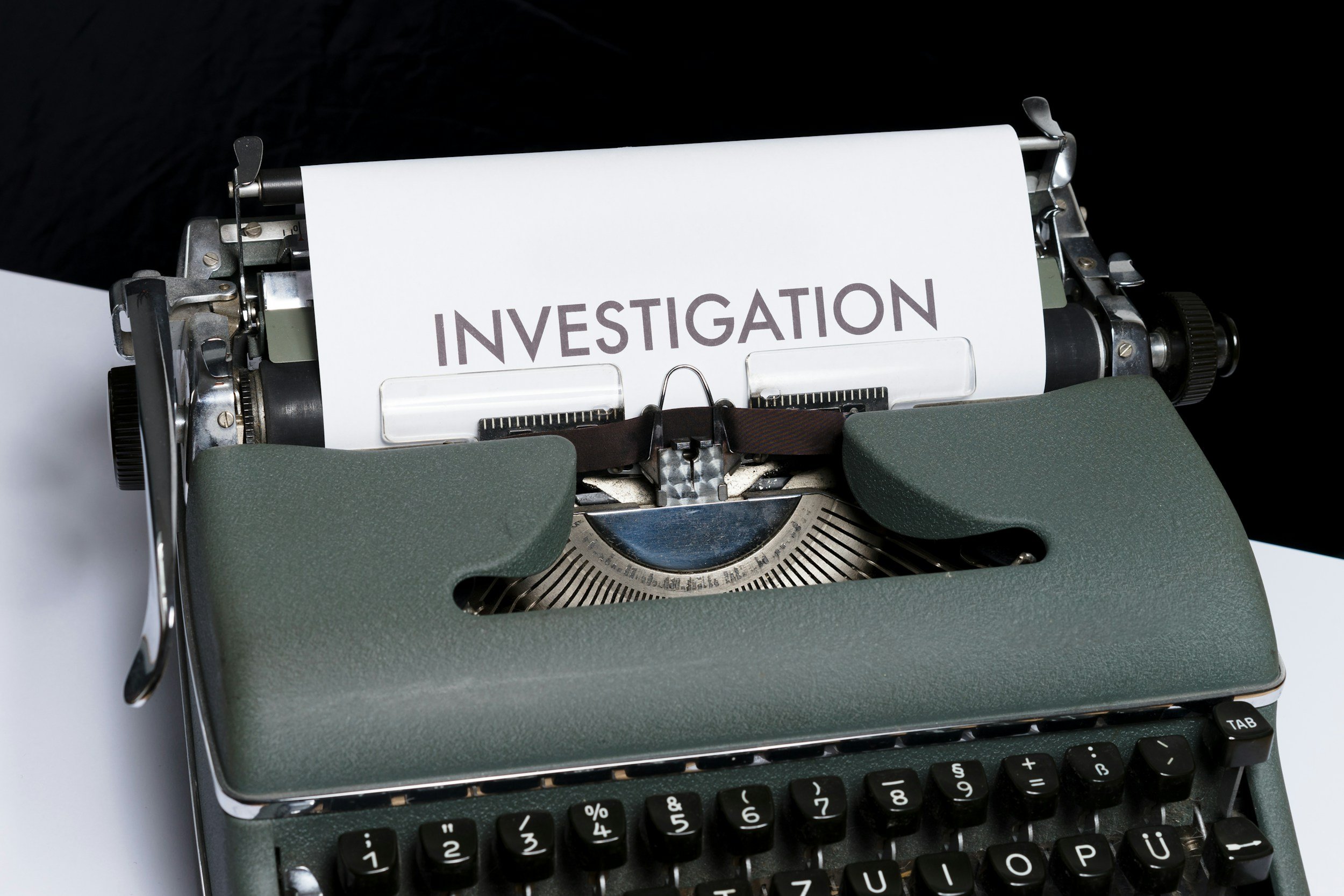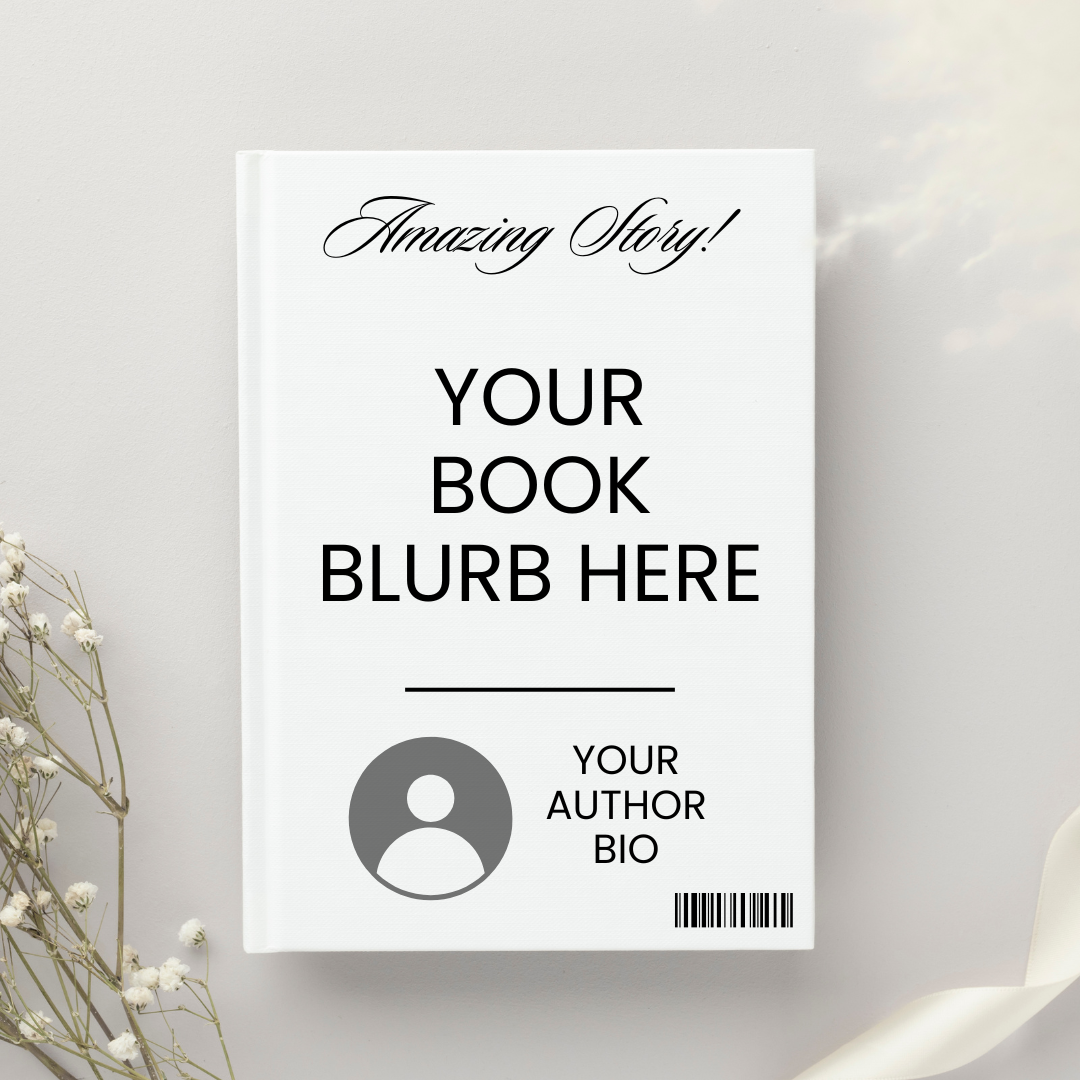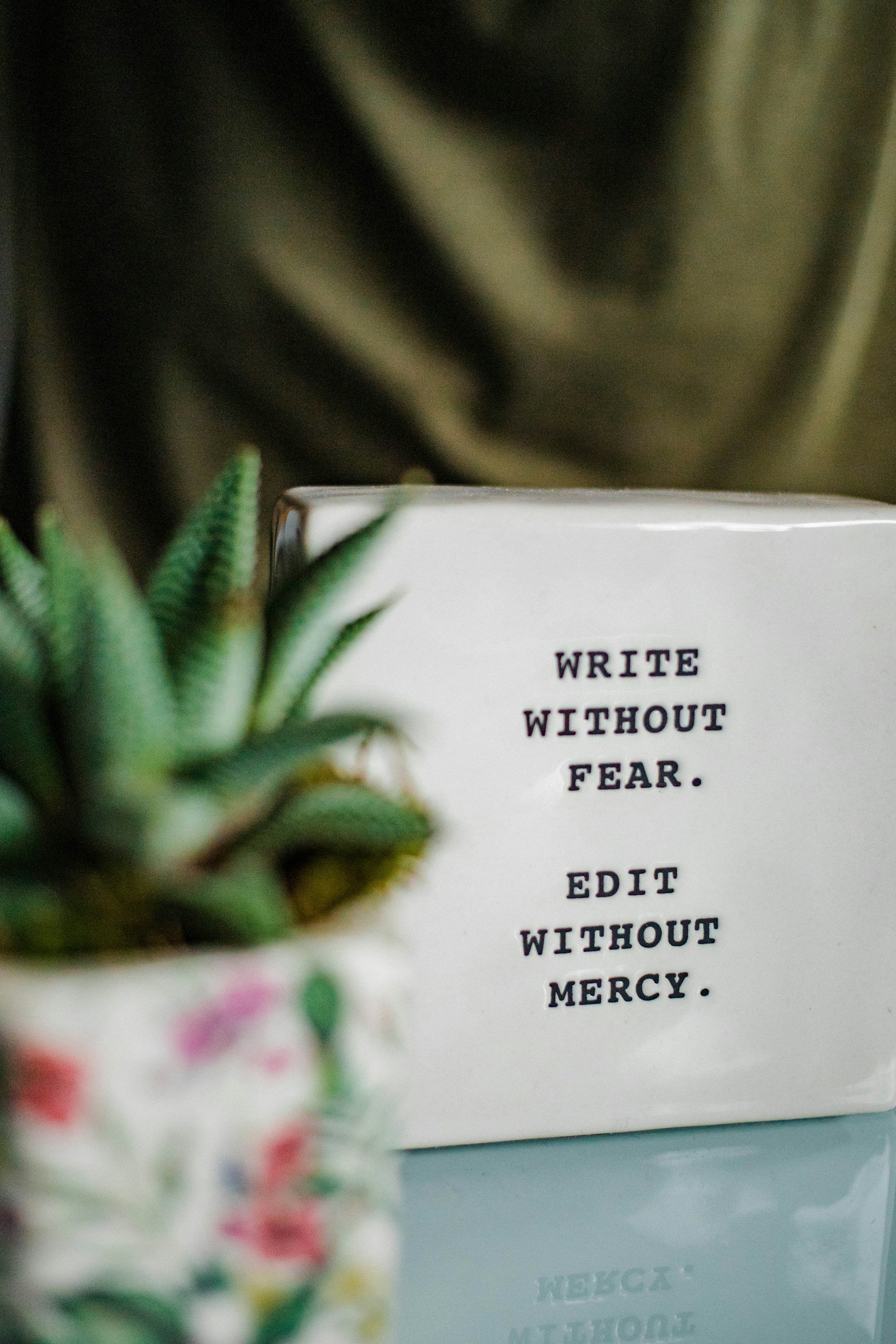Tips and Inspiration to
Guide Your Writing Journey
Explore articles on storytelling, mindset, publishing, and more to support your writing journey. Browse the blog posts below or choose a category to dive deeper.

How to Prepare Your Manuscript for Submission
You’ve written your manuscript—congratulations! Completing a book is a huge accomplishment and I hope you are taking the time to celebrate!
Now, you might be wondering what is next? Time to start submitting your book to publishers? Great idea! But before you hit “send” on that submission email, there are a few critical steps to ensure your work is polished, professional, and ready for agents, publishers, or contests. Here’s a step-by-step guide to preparing your manuscript for submission.

How to Self-Edit Your Manuscript Like a Pro
Have you completed the first draft of your manuscript and wondering how to embark on the editing journey? The next step is to complete a self-edit. This doesn’t mean you can’t work with a professional editor, but taking an initial pass through your manuscript can be helpful to ensure you have shaped your story the best way that you can. Before you share your manuscript with beta readers, agents, or an editor, it’s time for self-editing.


How to Develop Your Book’s Narrative Arc
A compelling story doesn’t just happen—it’s carefully crafted. One of the most powerful tools in your storytelling toolbox is the narrative arc, which gives your book a clear structure, keeps readers engaged, and ensures your protagonist experiences meaningful change. But how do you develop a strong narrative arc for your book? Let’s take a look at what a narrative arc is and how you can create one for your novel.

How to Write Dialogue That Drives Your Story Forward
Dialogue is one of the most powerful tools a writer has to bring a story to life. It reveals character, builds tension, and can move your plot forward in subtle or dramatic ways. But writing dialogue that feels authentic while also serving your story isn’t always easy.
If you’ve ever struggled with flat conversations, dialogue that feels like filler, or characters that all sound the same, you’re not alone. Let’s take a closer look at how to write dialogue that captivates your readers and drives your story forward.

Fixing Common Plot Problems in Your Story
Writing a compelling story takes more than just a string of action-oriented scenes. It requires a clear and engaging plot that keeps readers invested from beginning to end. But what happens when your plot hits a snag? Maybe your story feels flat, your characters lack motivation, or the pacing drags.
Don’t worry—you are not the first writer to encounter plot problems.

Top 5 Elements Every Mystery and Thriller Needs
Mystery and thriller novels have captivated readers for centuries. Agatha Christie being one of the most iconic writers in the thriller genre—and a personal favorite of mine.
No matter if it is a heart-pounding suspense of a thriller or the mind-bending puzzle of a mystery, these stories keep readers on the edge of their seats.

How to Write a Book Blurb That Sells
Writing a compelling book blurb or book description is often one of the hardest parts of the publishing process. You've poured your heart and soul into your book, and now you have to condense all that brilliance into a few short paragraphs that will hook readers and convince them to buy your book. No pressure, right?

How to Write a Compelling Opening Chapter
The first chapter of your book sets the stage for the story to come. It’s where you hook your reader, introduce your protagonist, and set the stage for the journey ahead. Whether you're writing a novel or a memoir, your first chapter not only needs to captivate the reader but establish the promise of the book while creating a sense that not everything is right in your character’s world. But how do you create an opening chapter that grabs attention and checks these boxes? Here are some key elements of crafting a compelling opening chapter for both fiction and non-fiction that keeps readers turning pages.

What Business Leaders Can Learn From Novelists
Think business and storytelling don’t mix? Think again. The best leaders—just like the best novelists—know how to craft compelling narratives that inspire, persuade, and move people to action. Whether you’re leading a team, pitching an idea, or building a brand, there’s a lot to learn from the way novelists approach their craft. Here’s why:

How to Write a Love Triangle That Keeps Readers Hooked
Few tropes capture the hearts (and frustrations!) of readers like a well-written love triangle. When done right, they pull readers into an emotional tug-of-war, balancing longing, loyalty, and betrayal. But crafting a compelling love triangle isn’t as simple as creating two love interests and letting your protagonist waver. It’s an art. Here’s how to do it effectively while avoiding common pitfalls.

Finding the Perfect POV for Your Story (and avoid head-hopping)
Point of view (POV) is one of the most important decisions you'll make when writing your novel. It sets the tone, shapes your reader's experience, and determines how much they connect with your characters. But finding the perfect POV isn’t always straightforward. Here is an overview to help you choose the best POV for your story and keep your readers fully immersed from start to finish.

The Role of Story in Business Innovation: Building Human-Centered Ideas
In the ever-evolving world of business, innovation is often heralded as the cornerstone of success. Companies strive to introduce groundbreaking products, services, and solutions that set them apart from competitors. But at the heart of innovation lies a tool that’s as ancient as humanity itself: storytelling. When leveraged effectively, story can be the key to building human-centered ideas that not only resonate with audiences but also create lasting impact.

How to Write a Book Proposal That Sells
If you’re looking to publish a book, particularly in the traditional publishing world, a strong book proposal is your ticket to success. Think of it as your pitch to literary agents and publishers—a roadmap that outlines why your book matters, who it’s for, and why you’re the person to write it. Crafting a book proposal that sells requires strategy, clarity, and a dash of creativity. Here’s a step-by-step guide to help you create a proposal that stands out.

Genre Spotlight: Romance – Popular Tropes and How to Refresh Them
Romance is one of the most beloved and enduring genres in literature, captivating readers with tales of love, connection, and happily-ever-afters. However, as with any genre, romance has its share of familiar tropes. While these tropes resonate with readers for good reason, writers often face the challenge of making them feel fresh and new. Let’s dive into some of the most popular romance tropes and explore ways to refresh them, keeping your love story both engaging and unique.

Connecting with Your Readers Through Emotional Themes
When writing an impactful story, there is one universal truth: emotions are the glue that binds readers to your words. When readers feel something, they are more likely to remember and resonate with your words. Whether you’re crafting a novel, a memoir, or even a non-fiction book, emotional themes are the invisible threads that weave your narrative into the hearts of your audience. But how do you ensure your story resonates on this deeply personal level? Let’s explore how to connect with your readers through emotional themes.

How to Write Romance That Feels Real, Not Cliché
Romance is one of the most beloved genres in fiction, but it’s also one of the trickiest to get right. If you’ve spent any time on #BookTok or visiting any number of the dedicated romance stories taking root in many cities, readers want to be swept off their feet. As in life, not every moment will sweep us off our feet and readers crave authenticity—relationships that mirror the complexity of real life. So how do you craft a love story that feels fresh and genuine without falling into the trap of clichés? Here’s how to write romance that lingers in your readers’ hearts.

How Many Words Are in a Book?
Ready to write that book you’ve been thinking about? Let’s do it! When embarking on a writing journey, one of the most common questions writers ask is: How many words should my book have? The answer is both simple and complex. It depends on the genre, target audience, and even the publishing route.

How to Write a Book: A Comprehensive Beginner’s Guide to Writing a Book
Writing a book is a dream for many, but turning that dream into a reality can feel daunting. Whether you’re writing fiction or non-fiction, the process requires creativity, discipline, a clear roadmap, and a large dose of consistent patience.
No matter if you are a heart-centered coach seeking to share your method to help others or a writer with a deep calling to have the world meet your characters, this comprehensive guide breaks down everything you need to know to write your book, from developing your idea to completing your final draft.

Why Accountability is Key to Finishing Your Manuscript
Writing a book is a journey filled with excitement, challenges, and often, moments of self-doubt. For many writers, starting the process is the easy part; finishing it, however, can feel like an insurmountable task. Another round of edits? Oh boy!
